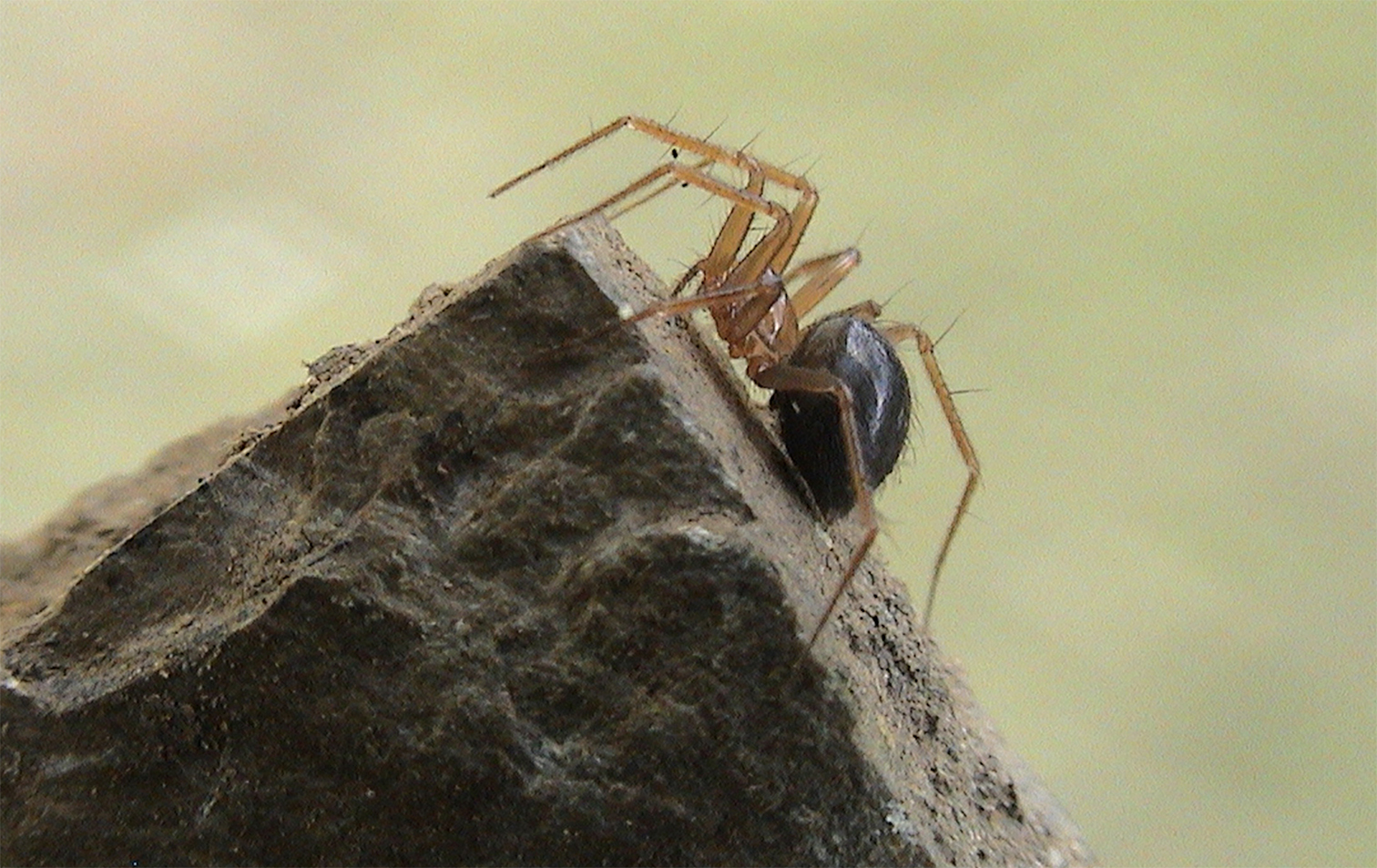Biodiversity-crucial UK insects at risk of extinction
The charity Buglife is warning that development is causing the extinction of insects that once thrived in the UK

The lovely Horrid Ground-weaver spider (Nothophantes horridus) is at risk of extinction because of housing development in Plymouth. Developers are being urged to consider wildlife great and small when planning developments so as not to render them homeless and then extinct
A new report by Buglife has found that half of the UK’s rarest species are at risk of global extinction.
The report brings together knowledge on 20 invertebrate species endemic to the UK - endemic species being those found only in Britain and which are, therefore, fundamental to our biodiversity.
The 20 special species include the Celtic Woodlouse (Metatrichoniscoides celticus), found in Wales and the West of England; the Lundy Cabbage Flea Beetle (Psylliodes luridipennis) particular to Lundy Island in the Bristol Channel, and the Manx Shearwater Flea (Ceratophyllus fionnus) – which lives in the burrows of Manx Shearwater on the Scottish Island of Rum.
Worryingly, the review has found that over half of Britain’s insect species are threatened with global extinction - and some may already have been lost forever. The Ivell’s Sea Anemone (Edwardsia ivell) – an animal that inhabits coastal lagoons – has not been seen since 1983 and so may be extinct. Across the country, planning developments threaten to destroy some of the last known habitats for species such as Fonseca’s Seed Fly (Botanophila fonsecai), threatened by a golf course development in Scotland, or the Horrid Ground-weaver Spider (Nothophantes horridus), threatened by a housing development in Plymouth.
Urgent action is required to prevent our endemic species from being lost forever. Further research and monitoring is needed to determine how and where these species survive.
Craig Macadam, Conservation Director at Buglife, is author of the report which, he says, highlights some of Britain’s lesser known, but still vitally important, wildlife: 'The high proportion of our special species at risk of extinction is shocking The UK has an international responsibility to prevent the extinction of our endemic species. It's vitally important they're protected from harm and managed in the right way.'